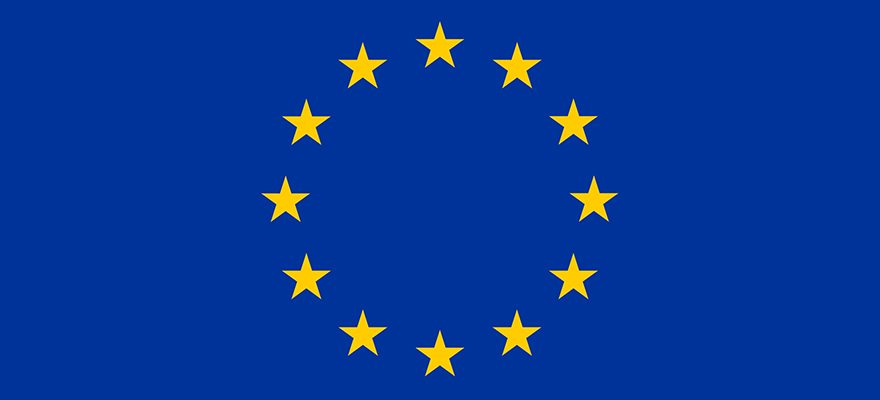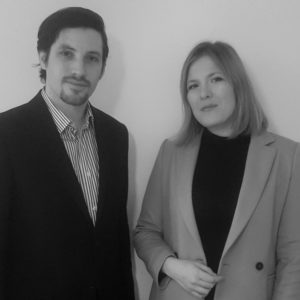

Sébastien Lachaussée & Elisa Martin-Winkel
French regulation of public aids intensity within audiovisual production
Public supports for cinematographic production are numerous and essential within the context of French production, whether it comes from the CNC, the regions or any public body. Nonetheless, the share of public support in the financing of an audio-visual or cinematographic work is limited and must respect the threshold of public aid intensity applicable to the work in question. This means that the French public funding granted for a film cannot exceed a certain percentage of its financing. It is to be reminded that any aid granted by a member state of European Union or through state resources in any form whatsoever, and notably the aid to promote culture, must comply with the requirements of articles 107 and 108 of the Treaty on the functioning of the European Union (TFEU). Accordingly, French system support for the cinema has been considered consistent with the TFEU from 1992 (29 juillet 1992 N7/92) and confirmed on March 22nd 2006 (c (2006 832)).
In order to clarify the situation, we propose here an overview of the provisions in place in the French General Regulation of financial support of the CNC (RGA) regarding the threshold of intensity of public aid, including several existing exemptions.
Article 211-16 of the RGA provides that « The total amount of financial aids granted for the production of a cinematographic work (IE feature film) may not (…) 2 ° increase the total amount of public aid to more than 50% of the final cost of production of the work and, in the case of a co-production more than 50% of French participation ». However, it is understood according article 211-17 of the RGA that some exemptions are possible. They are granted by the President of the CNC on the basis of a motivated request from the producer, for « demanding » works of works with a « low budget » and may not exceed 60%. In other words, this applies to first and second features films and films with a cost of production lower or equal to 1 250 000 €.
In despite of the existing exemptions, the threshold of intensity is especially problematic regarding the financing of small project for which it is difficult to gather private fundings from broadcasters (television, distributors, etc.) and economic partners (private investors, SOFICA). Thus, during Cannes Film Festival the Syndicats des Producteurs Indépendants (a French independant producers union) expressed its wish for the threshold to be increased, in order to favor the diversity of the film production and to facilitate the production of first films or « demanding » films. It is understood that the European Commission, in view of Articles 107 and 108 TFEU, should approve such a reform.
It is already to be highlighted that, within the context of international co-production and of the Aide au Cinéma du monde, the threshold of intensity can be raised to 80% for films: eligible for the first board (1st and 2nd feature films), or made in co-production with specific countries as listed by the CNC or whose final budget is less than €1,250,000(Decree n° 2012-543 du April 23rd 2012).
When it comes to film distribution, the threshold of intensity is also set at 50% (article 221-4 ) but it is to be pointed out that since 2016, an exemption with regard to distribution supports can allow the threshold of intensity to reach 70%, in order to encourage distributors to become interested in « demanding » film projects and « low budget » films as detailed above, as well as short films (deliberation n° 2016/CA/10 June 30th 2016).
With regard to the production of short films, it is essential to note that article 411-9 of the RGA establishes at 80% the threshold of intensity of the public aid within the financing of a short cinematographic work. This allows a very high share of public funding and strongly supports the production of short films.
Finally, when it comes to audio-visual works, the threshold of intensity is also set at 50%, with an exemption at 60% for « demanding » or « low budget » works. This exemption is even increased to 80% for « demanding » creative documentaries eligible for selective financial support for production and preparation, with total budget amounting to less than or equal to € 150 000 per hour. This exemption allows to stand by the producers of documentaries and to reinforce the diversity of French audio-visual creation. To apply these exemptions it is understood that a « demanding » work is a work « which is innovative, difficult to access or delicate, in particular, in consideration of its subject, format, dramaturgy, directing or conditions of production. » and a « low » budget is equal or less than to € 100 000 per hour.
While developing, producing or co-producing any audio-visual or cinematographic work, it is necessary to establish which threshold of intensity of public aid will be applicable in order to be able to determine a coherent financing plan and respecting the threshold thus determined.
SHARE THIS ARTICLE
CONTACT
OUR OFFICES
INFORMATION
sl@avocatl.com
PHONE
+33.1.83.92.11.67
Address
121, boulevard de Sebastopol
75002 Paris
5th floor / Staircase A
Follow us :
Newsletter
Please enter your e-mail :
